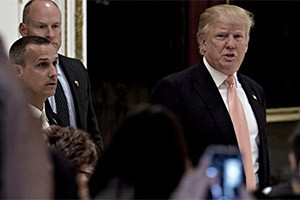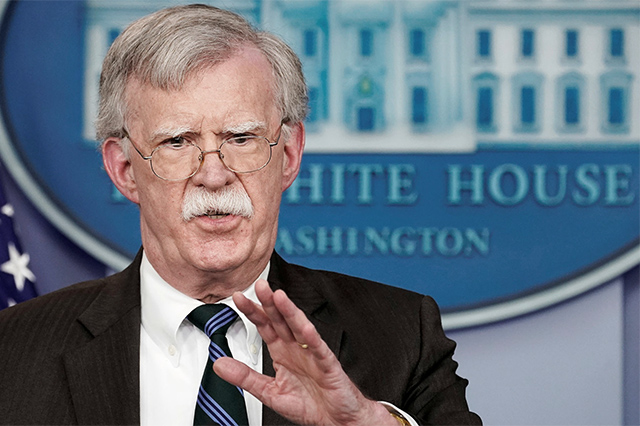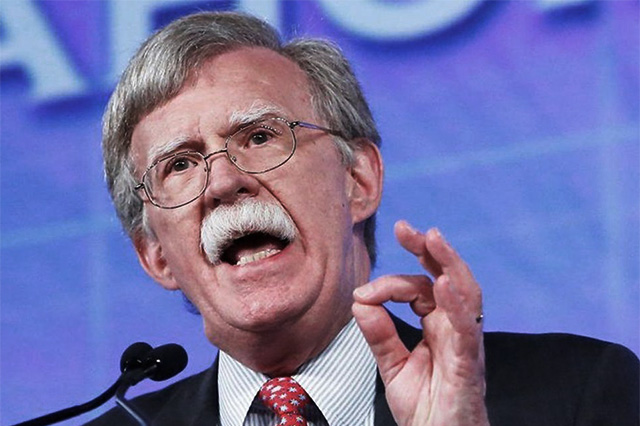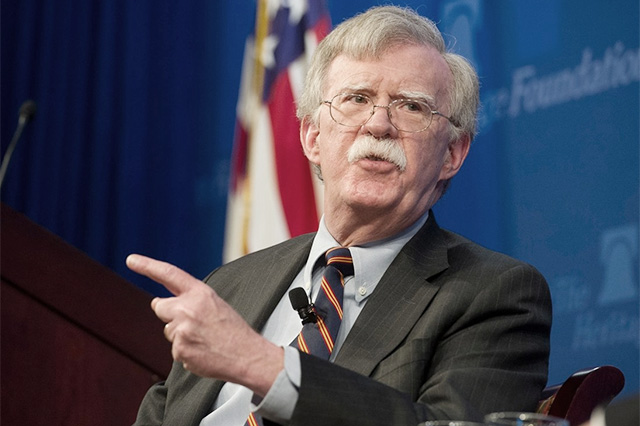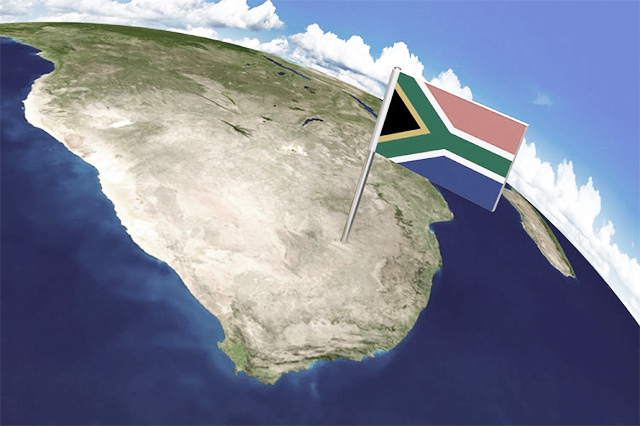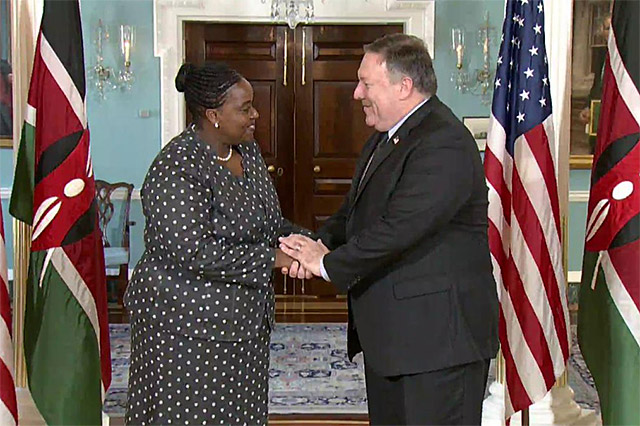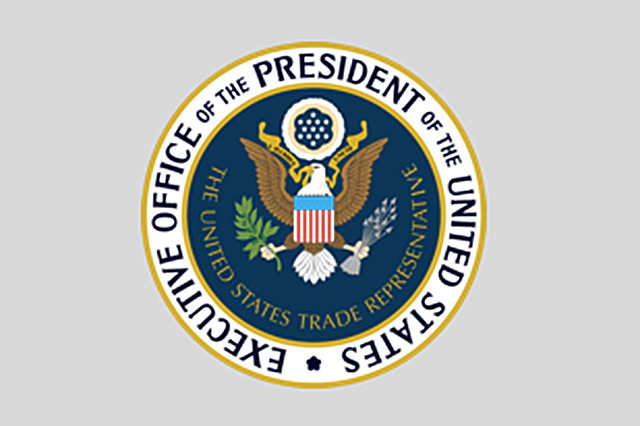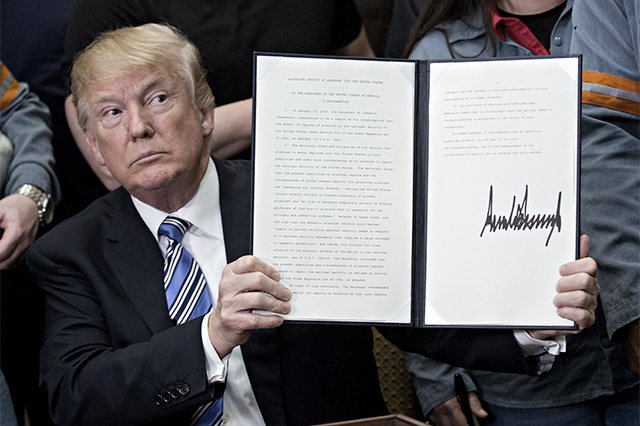What will Trump’s embrace of bilateralism mean for America’s trade partners?
Among the many changes Donald Trump is bringing to American trade policy, the new president has made clear that he believes bilateral trade deals are better than regional or multilateral agreements.
For America’s trade partners, including developing countries, the rise of bilateralism raises three questions.
First, how will it change negotiation dynamics? Second, will it allow for the effective governance of international trade? And third, what does it say about the overall direction of the international trade system? On each count there are reasons to worry.
Donald Trump campaigned as a protectionist, and in one of his first acts as president withdrew the U.S. from the Trans-Pacific Partnership (TPP). Yet since assuming power he has also stressed that he is not opposed to all trade agreements, and in fact supports new deals, so long as they’re negotiated on a bilateral basis. Last month Trump told Republican lawmakers, “believe me, we’re going to have a lot of trade deals. But they’ll be one-on-one. There won’t be a whole big mash pot.”
Trump’s embrace of bilateral negotiations is borne out of his understanding of the global economy as a zero-sum conflict. From this starting point, it follows that the key question in assessing any trade deal is not whether it creates overall economic gains, but how its benefits are distributed between countries—who’s getting the biggest slice of the pie. Trump worries that in previous trade negotiations, and particularly talks involving several different countries, U.S. negotiators have allowed other countries to gain at America’s expense. But in one-on-one negotiations, Trump suggests the U.S. will have greater leverage and thereby be able to capture a greater share of the gains from any agreement.
To date it is unclear with which particular countries Trump aims to sign new trade deals. While the administration’s early energy appears to be focused on the U.K. and Japan, another list of potential targets ranges from Russia to Vietnam to Taiwan, while India’s Economic Times cited unnamed sources claiming Trump might offer a bilateral deal to India. Though the world’s poorest countries are unlikely to be at the front of the line, many developing and emerging economies may face the possibility of launching bilateral trade talks with the Trump administration.
On the one hand, Trump’s interest in pursuing new trade agreements may suggest that he will not follow through on all of his protectionist impulses. Yet his administration’s embrace of bilateralism carries three risks for America’s trade partners.
First, a switch from regional and multilateral forums to purely bilateral deals will shift negotiation dynamics between would-be trade partners. Trump certainly believes the U.S. can better use its power to shape agreements in its own interests through bilateral formats. While the president understates the power the U.S. held in regional talks—for instance, in reality the final TPP text overwhelmingly reflected American influence—and likely overestimates how good a deal he’ll get in one-on-one negotiations, developing countries should be cautious about such a move. Multiparty negotiations allow for coalitional bargaining that can at times blunt power imbalances. Moreover, with more players involved in trade negotiations there is a greater range of possible outcomes, which creates opportunities for creative win-win solutions; bilateral negotiations constrain the set of potential agreements.
Second, a web of bilateral trade agreements will do far less to promote efficient global integration than comparable regional or multilateral treaties. In today’s economy, bilateral relationships do not capture how international trade works in practice. Factories do not simply produce at home and export final goods to a foreign country; rather, firms participate in global value chains, where stages of production are divided across multiple countries.
Since preferential trade agreements include rules-of-origin requirements that limit tariff concessions to goods substantially produced within treaty members—in order to avoid the problem of transshipment—bilateral deals are often of little help to global value chains, as inputs to production are imported from non-treaty members.
Moreover, trade agreements are important not only for lowering tariffs but also for helping harmonize standards and regulations to ease international commerce; negotiating such standard setting at a bilateral, rather than regional or multilateral, level is much less efficient. Firms will find it costly and confusing to keep track of many overlapping sets of trade regulations negotiated under different agreements, which could be at odds with each other. A series of bilateral deals will substantially fragment international trade governance, leaving a hodgepodge of incomplete and incoherent rules ill-designed for the 21st century.
Third, and perhaps most dangerously for developing countries, Trump’s approach to bilateralism could tilt the international trade system in worrisome directions. Potential trade partners must ask themselves if launching bilateral negotiations with the U.S. will ultimately contribute to undermining the broader open trade system. Academics and policymakers have long debated whether preferential trade agreements were stepping-stones or stumbling blocks to progress on multilateral trade liberalization. In this instance, it seems clear that Trump does not view bilateral trade agreements as a means to buttress overall support for an open stable economic order, but rather as an effort to carve up the spoils of a global economy.
Abandoning regional and multilateral deals for a bilateral worldview could institutionalize Trump’s mercantilist approach to the international trade system, in which countries are locked in zero-sum competition to win market shares, rather than cooperating to improve economic efficiency. Over the long term, the risk is that the rules, norms, and laws that govern trade relations will erode, along with the effectiveness and legitimacy of the World Trade Organization. For all the valid concerns and complaints developing countries may have about the WTO, they are unlikely to fare better under a less legalized, more power-based mercantilist trading system.
If Trump insists that his administration will only participate in bilateral trade negotiations, how should potential treaty partners respond? Governments will need to weigh the benefits of preferential access to the U.S. market versus the potential risks described above.
Given that the U.S. is already a relatively open economy, the former may be modest, while the latter could be severe. Countries seeking to promote economic liberalization may thus want to think twice about initiating bilateral deals under Trump’s terms.
During an era of rising protectionism, the core priority for countries reliant on the global economy should be the preservation of the basic open structure of the international trade regime. This goal is more likely to be achieved at a regional or multilateral level.


